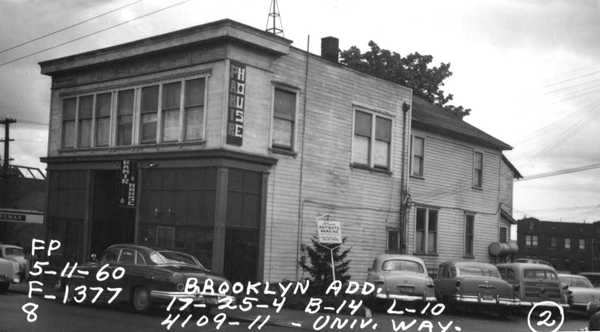
This is the first full-length instrumental recording for Kate MacLeod, an award-winning singer-songwriter, and acclaimed violin player and composer. Her previous vocal recordings have always included a few instrumental tracks, but as much as I enjoy her singing, I always wanted to hear more of her violin playing. Now I have that opportunity in a single long-awaited recording. Continue reading “CD Review: Kate MacLeod – Deep in the Sound of Terra”

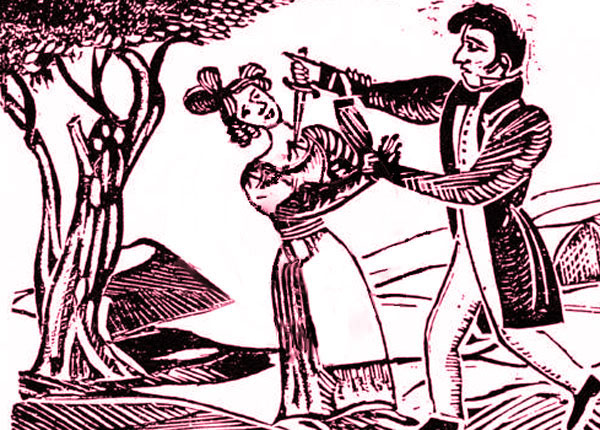
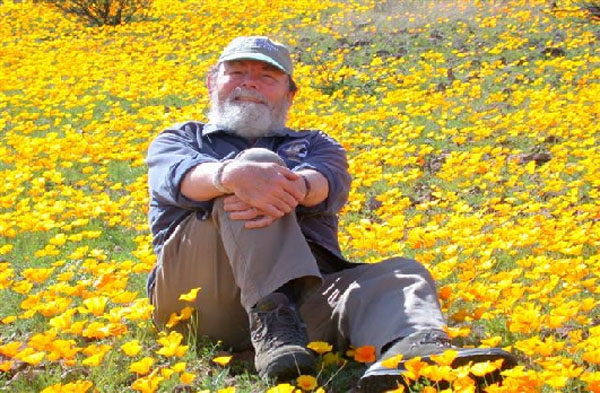
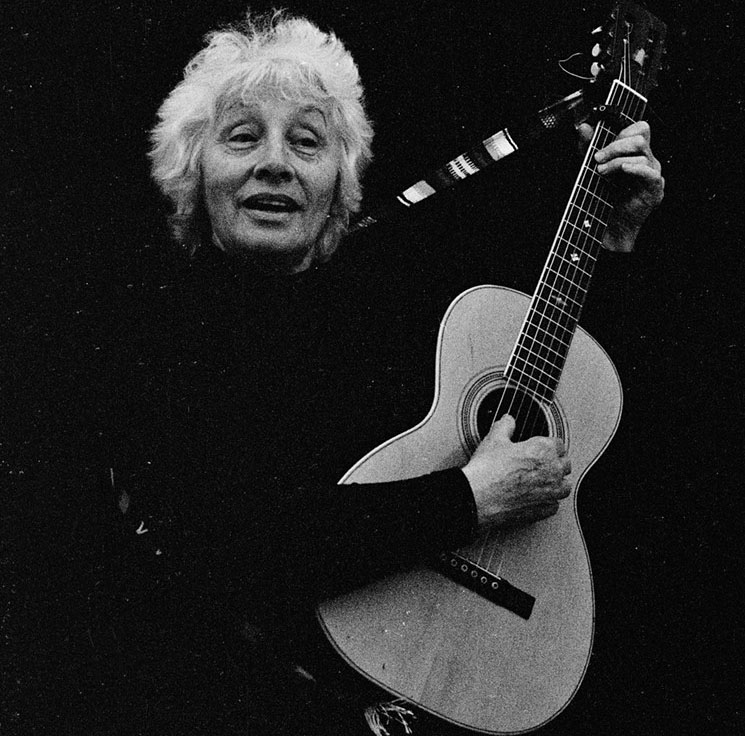

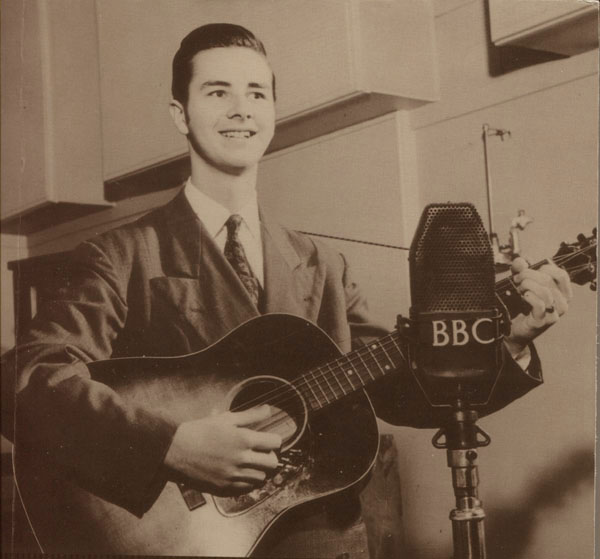
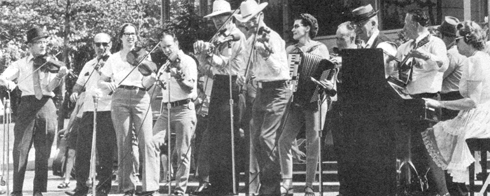
.jpg)

